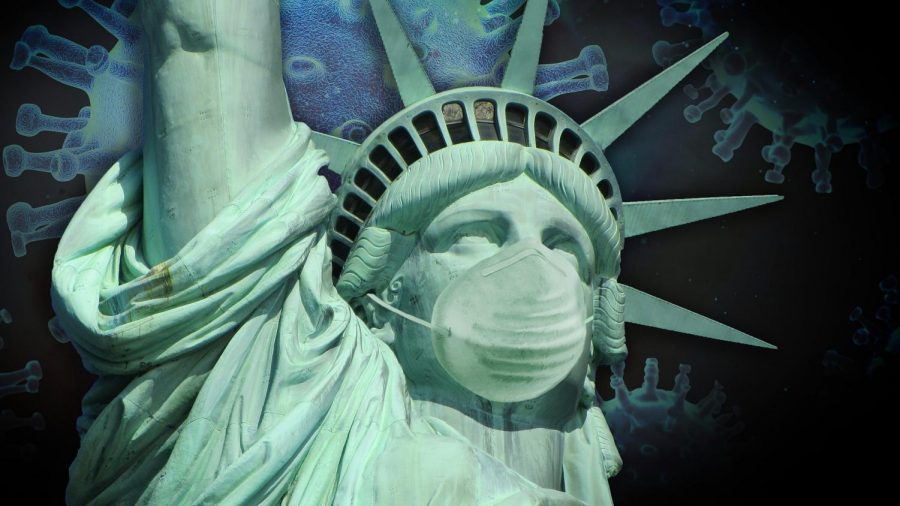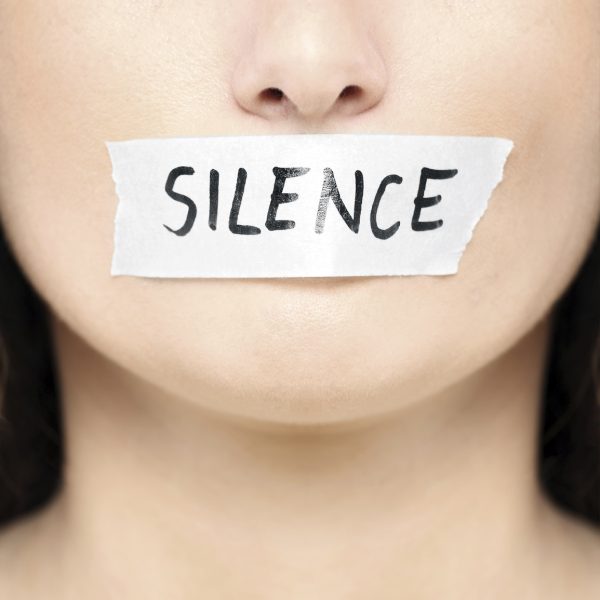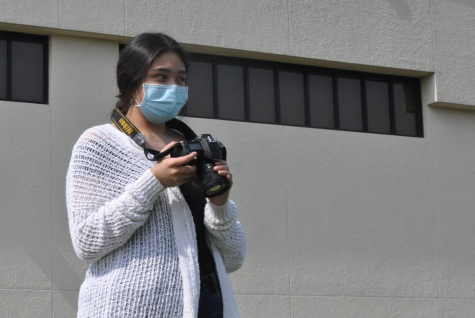Politicization of COVID-19 leads to healthier future
Before the first cases of COVID-19 began appearing in America, climate change, immigration laws, gun control and many other partisan issues took up the bulk of the political climate. Now the danger surrounding COVID-19 has cleared all other conversations out of the way to become the primary issue of immediate relevance and the disagreement over how to handle it is split along party lines. With the virus’ intense involvement in politics comes the question of whether or not politicization of a health crisis only causes tension when the nation is in dire need of solidarity. COVID-19 must be closely involved in politics in order to bring solutions to pervasive problems in leadership and nationwide systems.
Effects of COVID-19 expose many deep flaws in the healthcare system, forcing long overdue changes. Especially hurtful is the debt trap of some health insurers, which still manages to function even after a bill waived costs for COVID-19 diagnostic tests and ER visitation. A law will not fix the problem because the fault lies deeper than that; it is built into the system itself, and COVID-19 is the needed wake-up call to begin making much needed changes. The solution will not be overnight, but arguing that the virus is nothing more than a health crisis and should be handled in an entirely separate sphere from politics denies the validity of the systematic flaws it calls attention to.
If there was ever a time for strong leadership, it is now, and observing the reactions of various leaders reveals the true reliability behind their campaigns and promises. There has been no shortage of criticism of President Donald Trump and his delayed response to the situation, but others warn that solely blaming Trump and the Republicans is misleading. Beyond party lines, however, the current situation is a test of true character for everyone. Isolating the coronavirus from the political landscape ignores the unique opportunity it presents to understand how leaders will act under pressure.
Although the disease itself will not last forever — at least not in its current form — its social, political and economic effects will. Leaving COVID-19 out of politics assumes that everything will return to normal once a vaccine is distributed or when it’s otherwise safe enough for people to return to work, but this is not possible. It’s not an exaggeration to compare this crisis to 9/11 or the 2008 recession in regards to their irreversible social and economic impacts on the nation. The undeniable truth is that it is better to accept and work with the change the virus brings, to build a more secure and positive future, rather than to fight the inevitable.
Politicization often carries a negative connotation because it implies that the political aspect of an issue becomes more important than solving the issue itself. While solidarity and bipartisanship are crucial, within this crisis there is also an opportunity to unite people across party lines. There is a possibility that the crisis could lead to a decrease in polarization when all people, no matter their political standings, are all in need of the same financial and social support networks.
Unity across divisive lines is still achievable when COVID-19 is involved in politics. This crisis gives the nation a chance to construct a better, safer future, and the opportunity should not be wasted.












